Retail spending tipped to stay soft as home prices soar
Housing prices are expected to climb ever higher, even as a predicted recovery in dwelling consents shines a ray of hope on Australia's supply ambitions.
Housing prices are expected to climb ever higher, even as a predicted recovery in dwelling consents shines a ray of hope on Australia's supply ambitions.

Monthly inflation data and state budget updates are set to dominate the economic agenda and shape the Reserve Bank's next cash rate call.
Jobs data is set to dominate the economic agenda in Australia, while onlookers expect the Federal Reserve to keep US interest rates on hold.
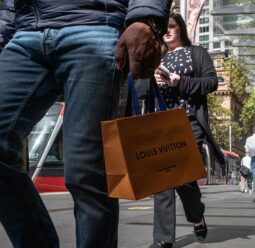
Falling interest rates are not buoying the spirits of households and firms as fast as hoped, as global economic uncertainty keeps a lid on sentiment.
Australia's central bank will seek signs of stability as it tries to chart a course to lower interest rates through the murky waters of global uncertainty.
Donald Trump's trade war has clouded economic forecasts as Australia's central bank seeks to thread the needle to avoid the nation tipping into a recession.
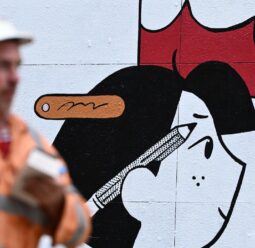
An unexpected jump in employment has led the money market to pare back its hopes for further mortgage relief after a widely expected rate cut next week.
New vehicle sales have fallen as the end to a fringe benefits tax exclusion leads to a sharp decline in plug-in hybrid sales.
US employers have added a better-than-expected 177,000 jobs in April as the job market shows resilience.
US economy contracted in first quarter of 2025, the first drop in three years.
Another interest rate cut is firmly on the table with analysts expecting the Reserve Bank to seriously consider the move on the back of fresh inflation data.
Promising housing data and a return to growth in real household incomes augur well for the Australian economy in 2025.

Fresh inflation figures should help convince the Reserve Bank to cut rates again in May, despite a slight uptick in underlying price growth, economists say.
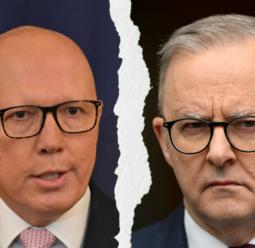
The opposition's claim Labor has added $350 billion in spending omits the impact of inflation, while Labor's response misconstrues the coalition's planned cuts.
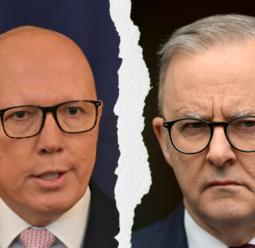
The opposition's claim Labor has added $350 billion in spending omits the impact of inflation, while Labor's response misconstrues the coalition's planned cuts.

Australians are expected to have pulled back on retail spending after major sales, with the latest data unlikely to shift the dial for the Reserve Bank.
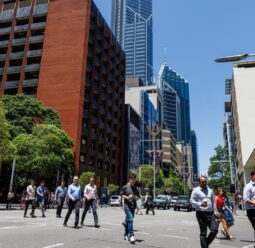
Treasurer Jim Chalmers remains confident 2025 will be better economically for Australians after struggles with the cost of living.
Australia's two most populous cities have signalled the beginning of a property downturn amid widening gaps between income, borrowing capacity and home values.

Calls for Canberra to intervene with the Reserve Bank to lower interest rates to get financial reforms over the line have been rejected by Labor.

Australia's economy may be limping along but jobs are still going, although mostly part-time gigs and predominantly roles in the public sector.
Corporate leaders report feeling upbeat about their firms and the broader economy as the business lobby takes aim at anti-business sentiment.
Lending to investors continues to lead the charge and outpace home loans taken out by owner-occupiers.
A mixed set of inflation numbers are unlikely to move the needle for the Reserve Bank as it weighs interest rates and persistent price pressures.
Record jobs participation will keep the Reserve Bank wary of cutting rates, despite unemployment rising in July to the highest level since November 2021.
The Reserve Bank of Australia has kept interest rates steady and tempered expectations of imminent cuts, warning inflation remains "too high".
Workers enjoyed a pay-packet bump in the March quarter but a drop in the wage price index has eased fears wages are contributing to inflation.
Rising wholesale costs, high oil prices and a weak Australian dollar have pushed fuel prices to new highs in Australia's capital cities.
Australia's economy grew very little last quarter but the result was broadly in line with forecasts and unlikely to change the outlook for interest rates.
Fresh labour data is unlikely to shift the dial for the central bank despite the jobs market slowdown appearing a little ahead of schedule.
The Australian market is stuck between the competing forces of poor affordability and a supply demand mismatch.
Consumer price growth is coming off the boil but some key essential goods and services are still painfully elevated.